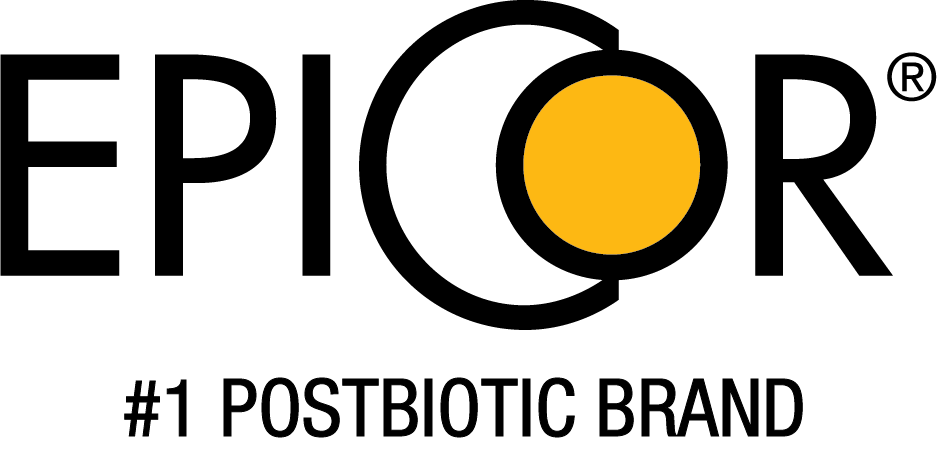By: Dr. Lisa Metzgar:
Over the decades there has always been a fad diet that everyone gets excited about to lose weight. My question is how do these diets benefit or harm our health. In the 70’s we adopted a low fat diet and it turns out that it was quite possibly one of the worst diets for our health. As we lowered fat in the diet, we upped sugar and processed carbohydrates consumption thinking that it was fat that made us “fat”. Well as we all know, that it isn’t the best way to lose weight.
Now knowing what we know about high processed carbohydrate diets, we have gone to the opposite extreme with high fat and very low carbohydrate called the keto diet or ketogenic diet. The idea is that you eat very high fat and low carbohydrate foods to keep your body in a state of ketosis. Ketosis is a state where your body uses fat for energy instead of glucose (carbohydrate). This seems to lead to weight loss because we are keeping our insulin levels very low.
Does the keto diet work? Well, one study has shown that there are long-term benefits for those with obesity1. This includes weight loss with decreased levels of triglycerides (fat), LDL (“bad”) cholesterol and blood sugar and increased levels of HDL (“good”) cholesterol1.
Of course, with any fad diet, people will go to extremes and eat from unhealthy fat sources like butter and bacon or discard healthy carb sources like vegetables altogether.
For example, I have a client that has adopted the keto diet, but she has missed a crucial element to good health in general…she doesn’t eat vegetables. In my view, eating only a high fat and meat protein diet is going to wreak havoc on her health and gut microbiome.
Studies have shown that a high meat protein diet can be harmful to your gut. In one study subjects fed a high protein meat diet had increased hydrogen sulfide production within the large intestine2. Hydrogen sulfide, made by your gut bacteria, has been found to be very harmful to your body’s cells and lead to digestive issues3. So, you shouldn’t eat a high meat diet and expect to a healthy gut microbiome – you need to eat some vegetables to help restore balance.
Doing Keto Right. Including vegetables as your carbs in your keto diet may help balance your gut bacteria by providing some prebiotic fibers to feed your healthy gut microbiota. Prebiotic fibers are non-digestible carbohydrates that promote the growth of beneficial bacteria in the gut. Outside of vegetables, there are also supplements like EpiCor fermentate that can boost the gut microbiome but without the prebiotic side effects like bloating.
Health is not a one-size-fits-all so trying different regimens and foods are the best way to learn what works you. If you are going to try the keta diet be sure to make the right choices for your fat, protein and carb sources. Here are my guidelines for a successful keto diet:
- Eat a high amount of fats but from healthy sources including avocado, grass fed butter, and coconut oil. Avoid foods with trans-fat. When it comes to cheeses, the harder they are usually mean less carbs.
- Eat a moderate amount of protein, however, too much protein is not a good thing for a keto diet. Eat more white meat and fish than red meat. Also, try to look for higher quality protein that is organic, grass-fed, pasture raised and/or antibiotic and hormone free.
- Eat a small amount of carbohydrates from vegetable sources like asparagus, spinach, bell peppers and zucchini. Carbs should account for only about 5% of your diet or 20 grams a day.
If you have tried the keto diet, let me know how it worked for you by commenting below.

